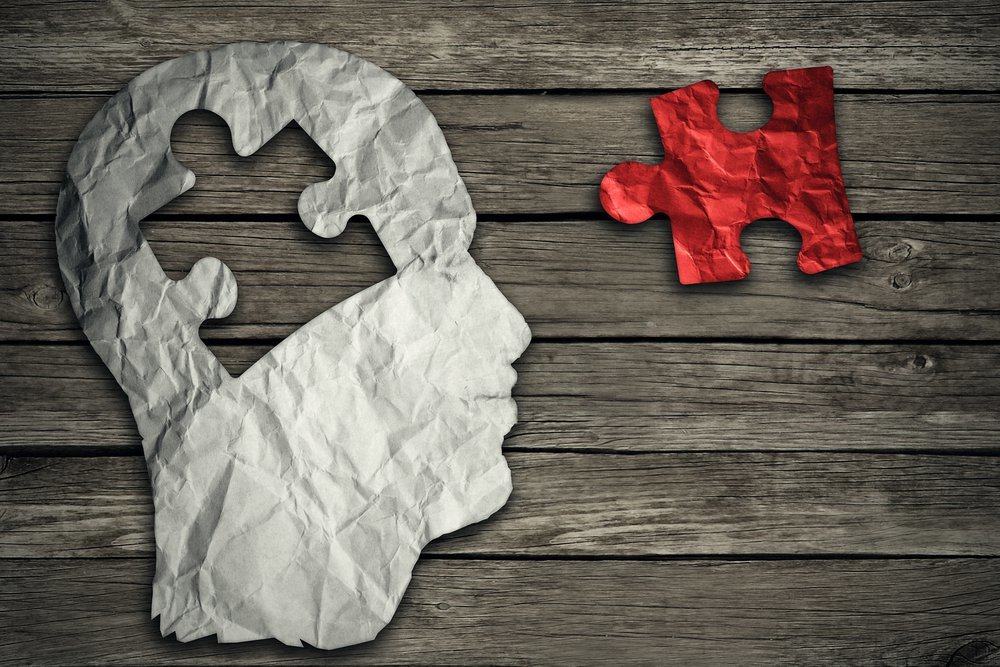Contents:
- Medical Video: 4 Common Misconceptions About OCD
- Myth 1: Memory works like a video recording
- Fact: Memories cannot perfectly repeat past events
- Myth 2: memory cannot change
- Fact: The memories and emotions that formed in the past actually changed
- Myth 3: traumatic memories will be "block " by the brain
- Fact: Bad memories can appear at any time
- Myth 4: Playing puzzles can improve memory skills
- Fact: Doing regular exercise can sharpen memory
Medical Video: 4 Common Misconceptions About OCD
Memory or memory is a very important thing in our lives. Whatever we do depends on the memories we have. Without memory, we don't know who we are, what to do, where we come from, even doing small things like brushing teeth, writing, or making tea can't be done.
Memory is divided into several types, namely memories based on facts, memories based on feelings or emotions, memories based on movements, and memories based on.
Some of the myths below are the assumptions of many people regarding memory or memory, which are actually not in accordance with reality.
Myth 1: Memory works like a video recording
This statement shows that if the memory is the same as a recorded video, then the memory can be continuously played at any time when we want to 'play' it. This statement emerged in the 1950s, when a brain surgeon was dealing with epilepsy. In the treatment performed, the doctor provides electrical stimulation to the patient's brain, and what happens is that there are visible fragments of memories from the past that appear in the patient. Then he concluded that the past memories could be played back according to the initial event.
Fact: Memories cannot perfectly repeat past events
A psychology experiment shows that our memories only store a little detail and information from the events experienced, and will disappear with time. When we remember something, we try to rebuild memories that have been stored previously. But still, the information is not exactly what happened at that time.
Myth 2: memory cannot change
Many people who think that the memories of past events will not change and can be relied on in the future. Therefore, when he was in a trial and someone gave testimony to what he saw, people considered what the witness said was true.
Fact: The memories and emotions that formed in the past actually changed
Many psychological studies have found that a suggestion or thought that we think can change the memories of the past. A person's thoughts can affect his past memory. For example, when a child is told by his mother that when he was little he had done something embarrassing, then the child would build his own memory of the event based on information from his mother. So, it can be concluded that memory can change over time. How do we remember the events and feelings that emerged 10 years ago, depending on what we feel right now and what we think about those past events.
Myth 3: traumatic memories will be "block " by the brain
More than a century ago, a psychologist, Sigmund Freud, stated that traumatic experiences will be suppressed by thoughts and memories of these experiences will not reappear. Frued also stated that the bad memories would be in the deepest part of our mind, which is subconscious, and would be held in place. But when the memory of the traumatic experience arises, it will appear in perfect detail and information.
Fact: Bad memories can appear at any time
Memory from a traumatic experience can actually emerge at any time, just like other memories. In fact, when someone experiences a bad event, he keeps on remembering the bad things. But those who remembered only the emotions and feelings that were felt at the time, while the detailed information of the incident was not too remembered. Memory from bad experiences will also disappear over time, even though the process will be slower than non-traumatic memories.
Myth 4: Playing puzzles can improve memory skills
Play similar games puzzle can train the brain and improve memory. This might strengthen the memory of the game only, for example when you fill in a crossword puzzle, then it will only train and multiply your vocabulary, not make it easier for you to remember people's names.
Fact: Doing regular exercise can sharpen memory
Simple exercise such as walking relaxed and cycling can increase the brain's ability to remember, prevent the occurrence of dementia and Alzheimer's.
Why can memories be wrong and cannot remember the details of events? Our memories are designed to be flexible, because they arise memory errors. This can benefit us because changing previous memories can also change behavior and can be a solution to problems in the future.
READ ALSO
- 6 Important Steps to Maintaining Brain Health
- Tips for Optimizing the Brain Development of Children in the Golden Age
- 5 Nutritious Foods Good for Brain Health












